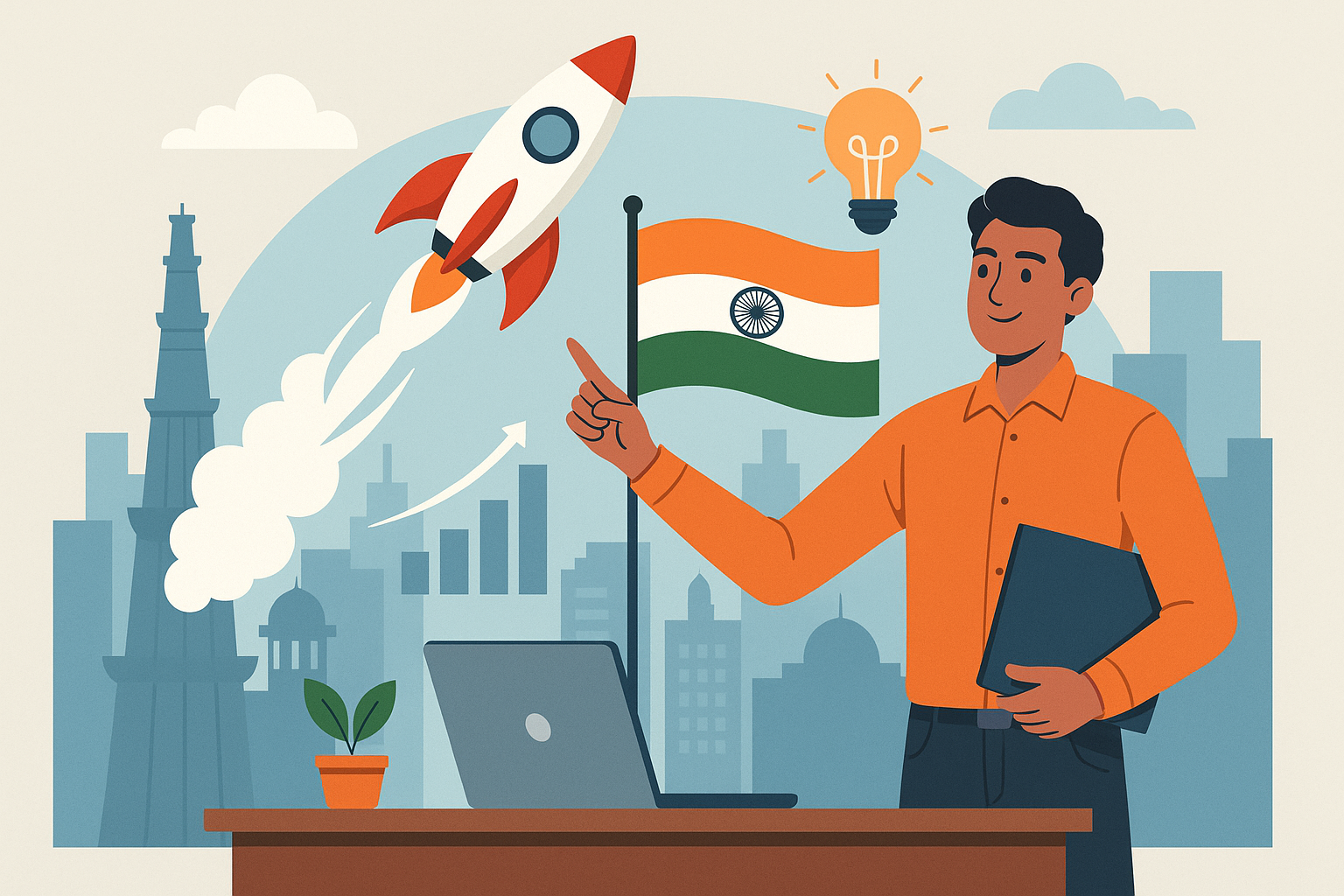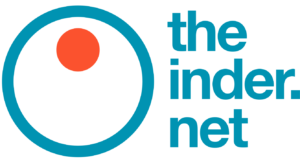
The German-Indian startup connection is gaining increasing relevance and reflects the dynamic growth of both countries‘ startup ecosystems – despite the many hurdles that continue to complicate cross-border entrepreneurship. The Indian subcontinent is now home to approximately 77,000 startups, including over 100 so-called unicorns valued at more than one billion US dollars. In addition to Bengaluru – India’s „Silicon Valley“ – major startup hubs include Delhi, Mumbai, Hyderabad, and Pune. Prominent Indian startups such as OYO (hotel bookings), Ola Cabs (ride-hailing), and Zomato (food delivery) have garnered both national and international attention.
However, the funding climate has worsened in the first half of 2023: According to Indian news portal Mint, investments in Indian startups dropped by 72 percent year-on-year to USD 5.5 billion. The number of funding rounds fell from 946 to 536. This capital shortage has already led to layoffs and delayed IPOs.
The German startup landscape has also experienced a downturn in financing. According to the latest Startup Barometer by Ernst & Young, investment volume in Germany declined by 49 percent year-on-year in the first half of 2023, reaching EUR 3.1 billion. The number of funding rounds fell from 549 to 447. While Berlin remains Germany’s leading startup hub, it is gradually losing ground to other regions such as Bavaria, Hamburg, and North Rhine-Westphalia. Among Berlin’s well-known startups are N26, Trade Republic, Enpal, Flixmobility, and Personio.
Against this backdrop, programs that foster bilateral exchange are more important than ever. The German Indian Startup Exchange Program (GINSEP), for instance, has been connecting founders from both countries since 2017. It facilitates access to investors, incubators, and public institutions, and supports market entry efforts. With a network of over 130 voluntary experts – referred to as „Ambassadors“ – GINSEP offers tailored advice and promotes cross-border cooperation. Similarly, the German Accelerator supports German startups in expanding to India by providing training programs and access to local networks.
One notable difference between the ecosystems lies in founder mentality: Indian startups often display greater experimental spirit and risk appetite, whereas German founders tend to pursue a more cautious, structured approach. Both sides, however, face structural challenges such as visa restrictions, language barriers, and the complexity of navigating unfamiliar markets – particularly for Indian startups seeking to enter Germany. In addition, female representation in both ecosystems remains comparatively low, even though India sees higher female participation in STEM professions than Germany.
Overall, the German-Indian startup connection holds substantial potential for growth and collaboration. With targeted support and deeper mutual understanding of regulatory and market frameworks, this partnership can be further strengthened.
This report is based on an in-depth analysis published in August 2023 by the Friedrich Naumann Foundation, a German organization dedicated to political education and economic freedom. While our summary draws on the facts and insights presented there, it places particular emphasis on offering a balanced and independent perspective.
You can access the original article here:
https://www.freiheit.org/de/indien/die-deutsch-indische-startup-connection








